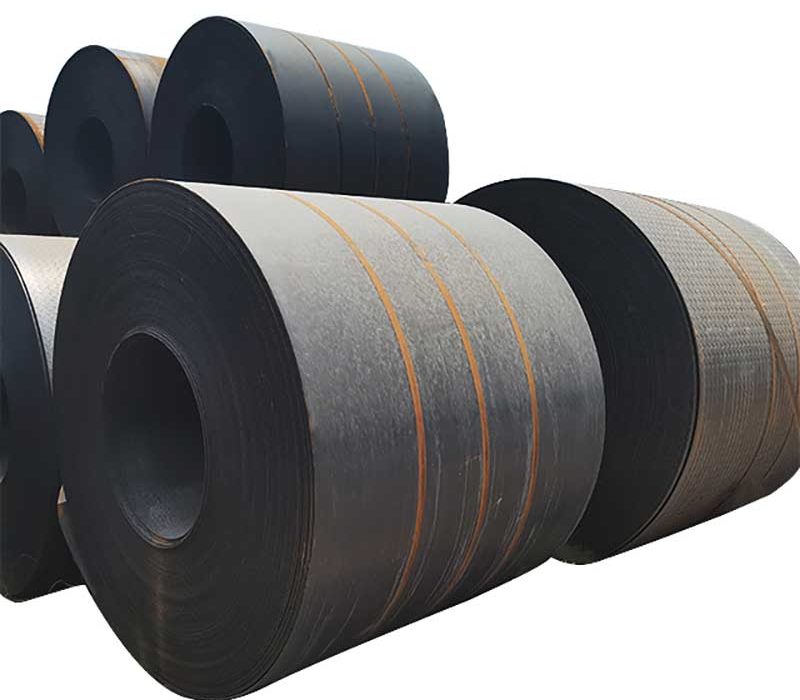
Carbon steel is a type of steel that contains mainly carbon as the alloying element, with small amounts of other elements such as manganese, silicon, and copper. The carbon content in carbon steel ranges from about 0.05% to 2%, with higher carbon content resulting in greater hardness and strength but reduced ductility and toughness.
Carbon steel is a popular material in various industries because of its excellent properties, including high strength, hardness, and durability. It is used in construction, transportation, manufacturing, and many other applications. Carbon steel is also relatively inexpensive compared to other alloys, making it an attractive choice for many applications.
One disadvantage of carbon steel is that it is prone to corrosion, especially in wet or humid environments. To address this issue, carbon steel is often coated with other metals or alloys such as zinc, nickel, or chromium. Additionally, carbon steel can be heat-treated to improve its mechanical properties and resistance to corrosion.
Carbon steel is a widely used type of steel that contains carbon as its main alloying element. Here are some common applications of carbon steel:
- Construction: Carbon steel is used in the construction industry for making structural components such as beams, columns, and girders. It is also used for making reinforcement bars and other components in concrete structures.
- Manufacturing: Carbon steel is used in the manufacturing industry for making a wide range of products such as tools, machinery, and equipment. It is used for making components that require high strength and durability, such as gears, shafts, and bearings.
- Transportation: Carbon steel is used in the transportation industry for making components such as rails, wheels, and axles for trains. It is also used for making parts for automobiles and trucks, such as frames, chassis, and suspension systems.
- Energy production: Carbon steel is used in the energy production industry for making pipes, valves, and fittings that are used in oil and gas pipelines, as well as in power generation plants.
- Consumer goods: Carbon steel is used in the production of a wide range of consumer goods such as kitchen appliances, cutlery, and hand tools.
Overall, carbon steel is a versatile and widely used material that has many applications across various industries.
When choosing carbon steel, there are several factors to consider to ensure that you select the right type of steel for your specific needs. Here are some things to keep in mind:
- Carbon content: The amount of carbon in the steel affects its strength and hardness. Generally, the higher the carbon content, the harder and stronger the steel. However, higher carbon content also means the steel is more brittle, which can make it more difficult to work with.
- Alloying elements: Carbon steel may contain various alloying elements, such as manganese, chromium, nickel, and vanadium. These elements can improve the steel’s strength, toughness, and corrosion resistance, depending on the specific alloy.
- Application: Consider the application for which you will be using the steel. Will it be subjected to high stress or wear? Will it be exposed to corrosive environments? Will it need to be machined or welded? Different types of carbon steel are better suited for different applications.
- Manufacturing method: Carbon steel can be produced using different manufacturing methods, such as hot rolling, cold rolling, or forging. Each method can affect the steel’s properties, so it’s important to consider how the steel was made.
- Cost: Finally, consider the cost of the steel. Carbon steel can vary in price depending on its properties and manufacturing method. Be sure to balance the cost with the steel’s performance for your specific application.
By taking these factors into account, you can choose the right carbon steel for your needs.
